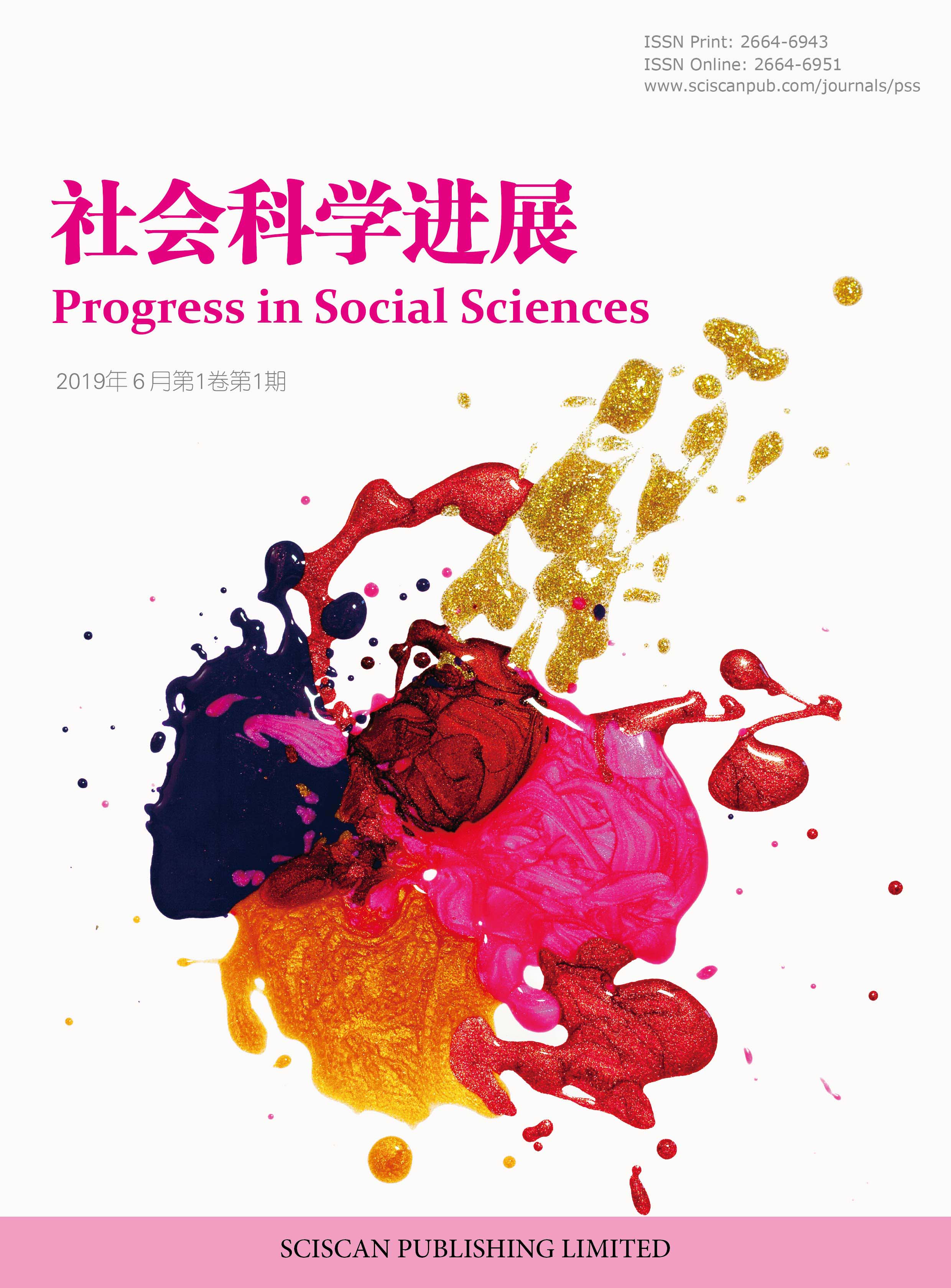Progress in Social Sciences
ISSN Print: 2664-6943
ISSN Online: 2664-6951
Contact Editorial Office
Subscribe to the latest published information from SCISCAN
基于信息评估的高校党外知识分子识别与培养策略研究
Research on Identification and Training Strategies of Non Party Intellectuals in Universities Based on Information Evaluation
- Authors: 熊晓琳 覃琳 杜轩
-
Information:
三峡大学机械与动力学院,宜昌
- Keywords: 信息评估;识别与培养;高校党外知识分子
- Information evaluation; Identification and cultivation; Non party intellectuals in universities
- Abstract: 本研究通过分析高校党外知识分子识别与培养策略,针对现有机制缺陷提出切实可行的改进措施。研究构建的多维度评估框架,有效提升党外知识分子识别的精确度和培养的成效。通过定量与定性相结合的研究方法,全面评估党外知识分子在学术、技术和文化领域的贡献,以及在职业发展上遭遇的挑战,提出多元化评价体系建设、综合培养策略实施和资源分配优化等相关改进策略,为推动党外知识分子全面进步、增强其在教育与社会发展中的作用提供有力支持。
- This study analyzes the identification and cultivation strategies of non party intellectuals in universities, and proposes practical and feasible improvement measures for the existing mechanism deficiencies. The multi-dimensional evaluation framework constructed through research effectively improves the accuracy of identifying non party intellectuals and the effectiveness of their cultivation. Through a combination of quantitative and qualitative research methods, this study comprehensively evaluates the contributions of non party intellectuals in academic, technological, and cultural fields, as well as the challenges they face in their career development. It proposes improvement strategies such as the construction of a diversified evaluation system, the implementation of comprehensive training strategies, and the optimization of resource allocation, providing strong support for promoting the comprehensive progress of non party intellectuals and enhancing their role in education and social development.
- DOI: https://doi.org/10.35534/pss.0606151
- Cite: 熊晓琳,覃琳,杜轩.基于信息评估的高校党外知识分子识别与培养策略研究[J].社会科学进展,2024,6(6):1370-1376.














